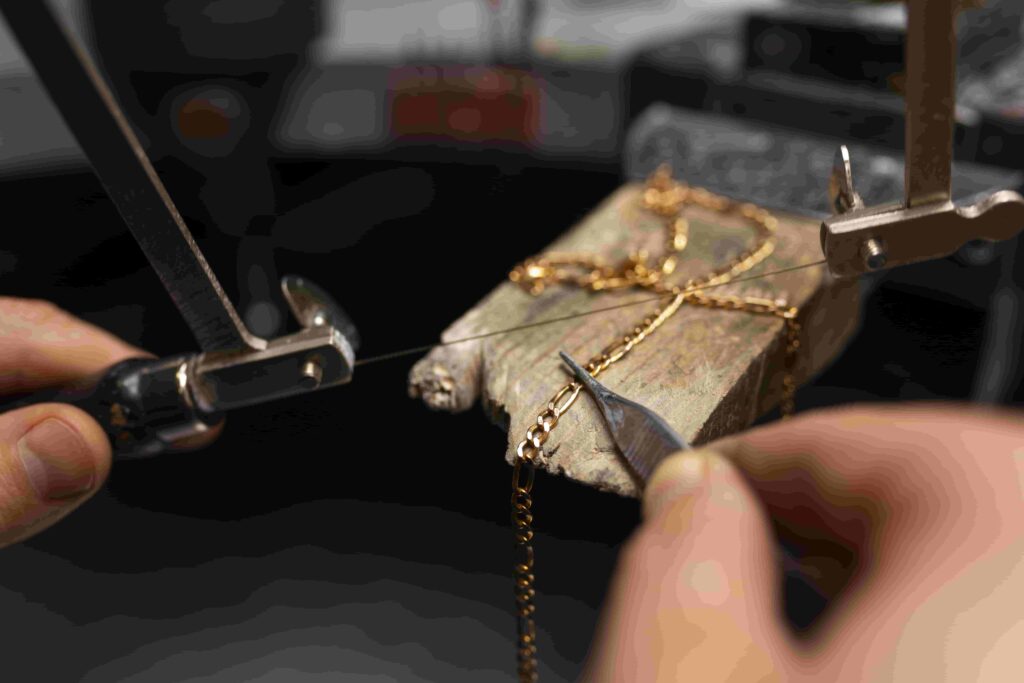Introduction
Jewellery auctions offer a unique opportunity for both buyers and sellers to engage in the exchange of exquisite and often rare pieces. These auctions provide access to a diverse range of jewellery, from historical artifacts to modern designer creations, each with its own story and value. This article explores the world of jewellery auctions, detailing their significance, the auction process, types of jewellery commonly featured, and valuable tips for participants.
Understanding Jewellery Auctions
Jewellery auctions are organized events where various pieces of jewellery are presented for bidding. They are often held by auction houses with expertise in appraising and marketing valuable items. These events attract collectors, investors, and enthusiasts who seek to purchase unique pieces that may not be available through traditional retail channels.
The auction process typically involves the display of jewellery, either in a catalogue or at a preview event, allowing potential buyers to inspect the items. Bidding can take place in person, online, or via telephone, depending on the auction house’s format. The highest bidder secures the item, with the final price often including a buyer’s premium, which is a percentage fee added to the hammer price.
Types of Jewellery at Auctions
Jewellery auctions feature a wide array of items, each with distinct characteristics and appeal:
Antique and Vintage Jewellery
Pieces from specific historical periods, such as Victorian, Edwardian, or Art Deco, are highly sought after for their craftsmanship and design. These items often come with a rich provenance, adding to their allure.
Contemporary and Designer Jewellery
Modern creations by renowned designers and brands frequently appear at auctions. These pieces are valued for their innovation, quality, and sometimes limited availability.
Gemstones and Loose Stones
Auctions also offer individual gemstones, both mounted and unmounted. Buyers interested in custom jewellery find these offerings particularly attractive.
Estate Jewellery
Items that are part of an individual’s estate, often collected over a lifetime, can include a mix of antique, vintage, and contemporary pieces, providing a varied selection for bidders.
How to Participate in Jewellery Auctions
Participating in jewellery auctions requires preparation and understanding of the process:
Registering for the Auction
Prospective bidders must register with the auction house, which may require submitting personal information and proof of identity. Registration is necessary for both in-person and online bidding.
Understanding the Catalogue
Auction houses provide catalogues detailing the items for sale, including descriptions, photographs, and estimated values. Reviewing this information is crucial for making informed bidding decisions.
Setting a Budget
Determine a budget before the auction begins, considering the potential final price, including the buyer’s premium and any additional fees.
Attending the Auction
Whether attending in person or online, being present during the auction allows participants to gauge the competition and adjust their bidding strategy accordingly.
Tips for Buyers and Sellers
Navigating jewellery auctions effectively can lead to rewarding transactions for both buyers and sellers:
Tips for Buyers
- Research and Inspect: Perform thorough research on the items of interest and inspect them during the preview to understand their condition and value.
- Set a Limit: Decide on a maximum bid for each item to avoid overpaying during competitive bidding.
- Consider the Total Cost: Factor in all additional fees, such as the buyer’s premium, taxes, and shipping costs, when calculating the total expense.
Tips for Sellers
- Choose the Right Auction House: Select an auction house with expertise in the type of jewellery you are selling to ensure proper valuation and marketing.
- Provide Detailed Information: Offer comprehensive details about each piece, including provenance, condition, and any certifications, to attract informed buyers.
- Set a Realistic Reserve Price: Establish a minimum acceptable price that reflects the item’s market value without deterring potential bidders.
Conclusion
Jewellery auctions present a dynamic platform for buying and selling unique and valuable pieces. Understanding the auction process, the types of jewellery typically featured, and following strategic tips can enhance the experience for both buyers and sellers. Whether you are seeking to acquire a rare gem or looking to sell a treasured piece, jewellery auctions offer a captivating avenue for discovering and transacting exceptional jewellery.

